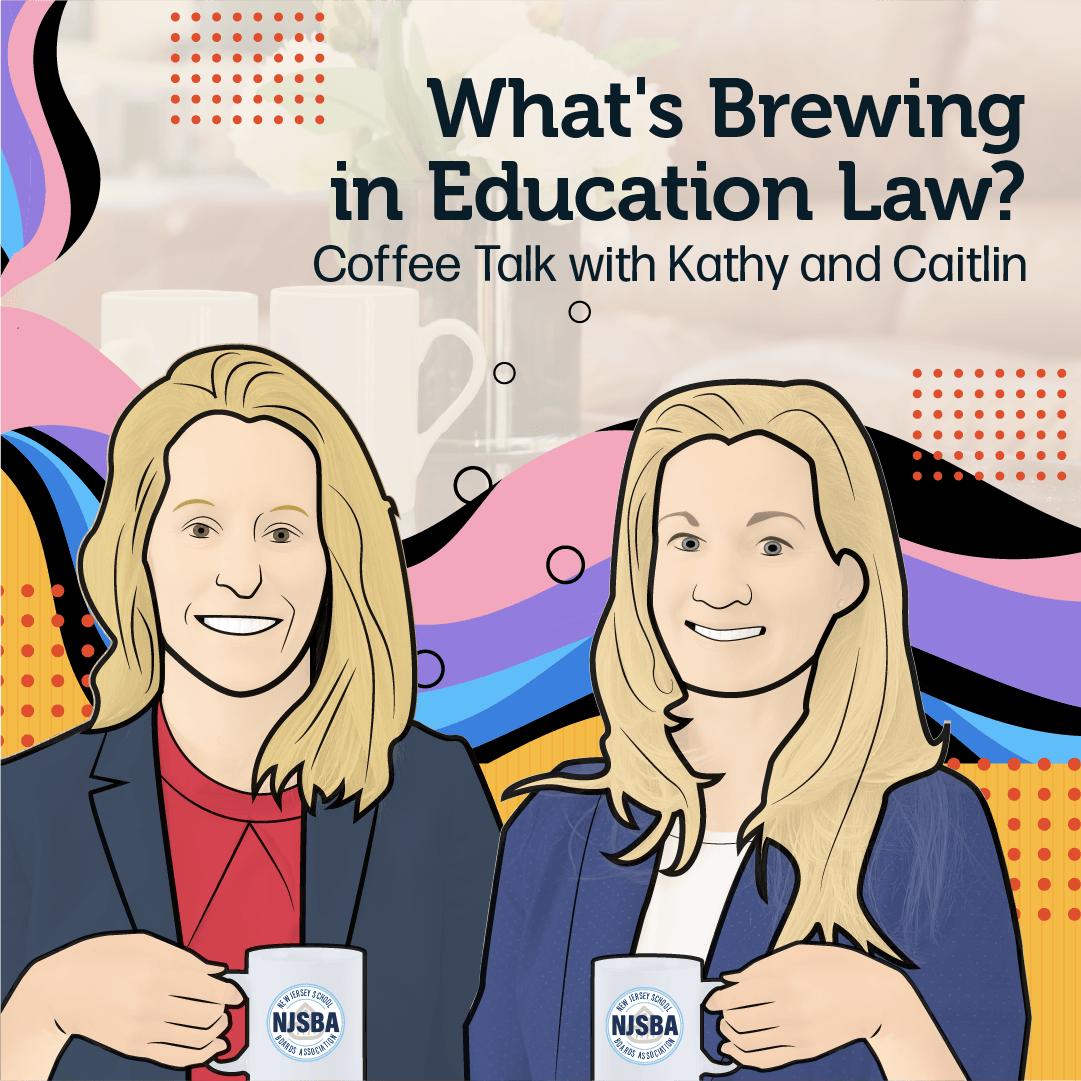As the Kenilworth School District worked to support its students amid challenges over the last school year, an interesting pattern developed that many educators would recognize: Needs quickly became opportunities.
Staff members from different departments worked together on interventions, and discovered the effectiveness of new collaborations.
Online educational tools took the place of traditional lessons, allowing teachers to introduce instruction in game-based formats that are engaging and familiar to students.
Distance and safety protocols kept some activities off-limits, but spurred greater creativity in programming.
The experimental techniques also shaped the plan to address learning loss. Because the Union County K-12 district has been proactive in tackling academic gaps, the focus has turned to accelerated learning.
Why not try to speed up instead of just catch up? The strategy evolved as extensive interventions and innovation increased student readiness.
“Accelerated learning has such an optimistic ring to it,” Superintendent of Schools Kyle Arlington said. “Educating our students during the pandemic has inspired us to become even more creative in our instruction and more collaborative in our work.
“At the same time, we’re working hard to make sure our students have mastered skills and are prepared for the next grade level.”
Changing Course Flexibility has been key to effectively meeting students’ needs. At the elementary school, an Intervention Advisory Team was formed to help shift remediation and intervention programs from grade-level to skill-based groups. Members also are exploring enhancements to the “WIN – What I Need” enrichment period for the 2021-2022 school year.
The district’s multi-tiered system of supports uses a universal screening approach to identify students in need of additional help. Kenilworth hired a new Intervention Program Coordinator who will assist in progress monitoring for these students.
Other new members of the leadership team also are focused on practical outreach for struggling students. In his first year at the helm of David Brearley Middle-High School, Principal Jeremy Davies launched intensive programs to help students pass courses.
At the middle school, specially designated intervention teachers coordinated with core subject instructors to help zero in on students’ challenges. Working with the students either one-on-one or in groups, the intervention teachers focused on foundational skills such as organizing assignments and setting realistic short-term goals.
High school students at risk of failing a core subject also received extra help. The high school’s new Portfolio Process offered students a second chance to pass a class by completing coursework over a three-month span. The program also involved project-based assignments and a final assessment.
Meanwhile, some of Kenilworth’s accelerated learning practices focused on the youngest students.
K-2 students recorded the highest reading achievement levels in years after implementation of the research-based Orton-Gillingham approach to word study. In addition, 96% of kindergarten students showed growth from fall to spring.
Students across the elementary grades engaged in hands-on science and engineering lessons (sometimes remotely at home) through tools such as Mystery Science. The elevated interest in science comes at the perfect time, as the elementary school’s tech lab will reopen this fall and a similar space will debut at the middle school.
Benchmark assessments for grades 3-6 showed growth in ELA and math from fall to winter. Pre-assessments will help inform instruction this fall.
Focus on Well-Being Academic strides would not have been possible without the district’s infrastructure of social and emotional learning.
Under the leadership of Student Personnel Services Director Dawn Cuccolo, Kenilworth increased SEL efforts in anticipation of pandemic-related needs, and integrated emotional supports into the curriculum. Outside support came from licensed therapists assigned to each school building to provide additional help to students, staff, and families.
Teachers also received professional development in trauma-informed classrooms; additional rounds of this instruction will be available in the fall.
Counseling teams coordinated with elementary school teachers on interventions, and followed up with parents to assess needs for counseling, community resources, and technology assistance.
The elementary school started the academic year with five days of in-person learning. The district later offered the five-day opportunity to older students who were struggling and needed the support. Middle school students also were invited to participate in specific social and emotional skill groups, such as Girl Empowerment and Boys’ Group.
Kenilworth’s Crisis Team led the intervention efforts for high school students to triage student cases, review evidence specific to students in need, identify appropriate supports, and work with teachers and parents to implement plans.
What Summer Slide? The creativity that infused programming during the school year isn’t taking a summer vacation.
The district expanded the traditional structure of summer learning with hands-on enrichment activities. The middle school “Back 2 Basics” program applies math concepts to kitchen and science experiments; offers time for sports and art; and allows students to pursue “passion projects” of their choosing. A focus on social and emotional support is designed to help students reconnect with their peers and acclimate to typical school experiences.
Kenilworth’s high school students aren’t beyond summer camp — at least not College Camp. The program gives soon-to-be seniors a head start on writing essays, creating resumes, and preparing for interviews.
Professional learning opportunities will continue over the summer for teachers, too. The programs will be designed to help meet the increasingly wide range of students’ needs.
“This year provided so many lessons about experimenting with new types of instruction, and the impact of focusing on students’ social and emotional needs,” Arlington said. “Many of the innovative approaches we discovered during the pandemic will become standard practice going forward.”
Sheri Berkery is a public relations consultant with Laura Bishop Communications.


